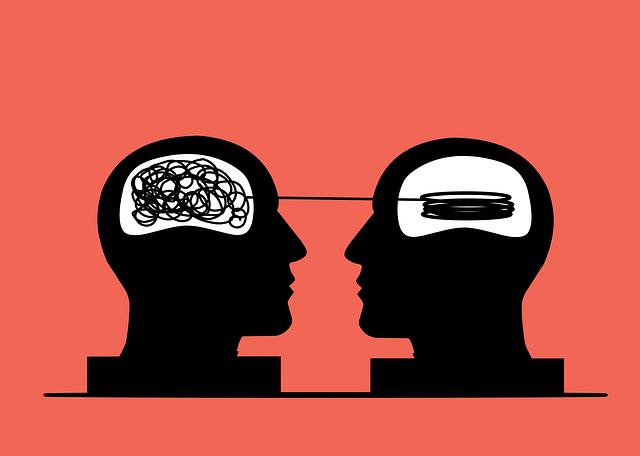
As individuals age, it is crucial to prioritize the importance of mental health care for seniors. Aging can bring about a variety of challenges and changes that can impact one’s mental wellbeing. It is essential to understand the impact of aging on mental health and the significance of providing support and care for seniors to maintain their mental health.
One of the primary reasons why mental health care is essential for seniors is the prevalence of mental health issues among this population. According to the World Health Organization, around 15% of adults aged 60 and older suffer from a mental health disorder. Depression and anxiety are among the most common mental health issues experienced by seniors. These conditions can have a significant impact on one’s quality of life, leading to feelings of isolation, loneliness, and a decreased sense of purpose.
Moreover, aging often brings about significant life changes that can contribute to mental health issues. Loss of loved ones, physical health problems, retirement, and financial concerns are just a few of the challenges seniors may face as they age. These changes can cause stress, anxiety, and depression, making it crucial to provide mental health support and care for seniors.
Furthermore, untreated mental health issues can have severe consequences for seniors. Studies have shown that individuals with untreated depression are more likely to experience physical health problems, such as heart disease, diabetes, and cognitive decline. Mental health issues can also impact one’s ability to perform daily activities, leading to a decreased quality of life. By prioritizing mental health care for seniors, we can help prevent these negative outcomes and improve their overall wellbeing.
Providing mental health care for seniors also plays a crucial role in promoting social connectedness and reducing feelings of isolation. Many seniors face challenges related to social isolation and loneliness, which can have a profound impact on their mental health. By offering support and resources for seniors to connect with others and engage in social activities, we can help address these issues and improve their mental wellbeing.
In addition to the individual benefits of mental health care for seniors, there are also societal advantages. By prioritizing mental health care for seniors, we can reduce healthcare costs associated with untreated mental health issues. Studies have shown that providing mental health support for seniors can lead to decreased hospitalizations, emergency room visits, and overall healthcare utilization. This not only benefits seniors but also helps to alleviate the strain on healthcare systems and resources.
In conclusion, the importance of mental health care for seniors cannot be overstated. Aging can bring about a variety of challenges that can impact one’s mental wellbeing, making it crucial to provide support and care for seniors to maintain their mental health. By addressing mental health issues in this population, we can improve their quality of life, promote social connectedness, and reduce healthcare costs. It is essential to prioritize mental health care for seniors to ensure they can age with dignity, purpose, and overall wellbeing.

















